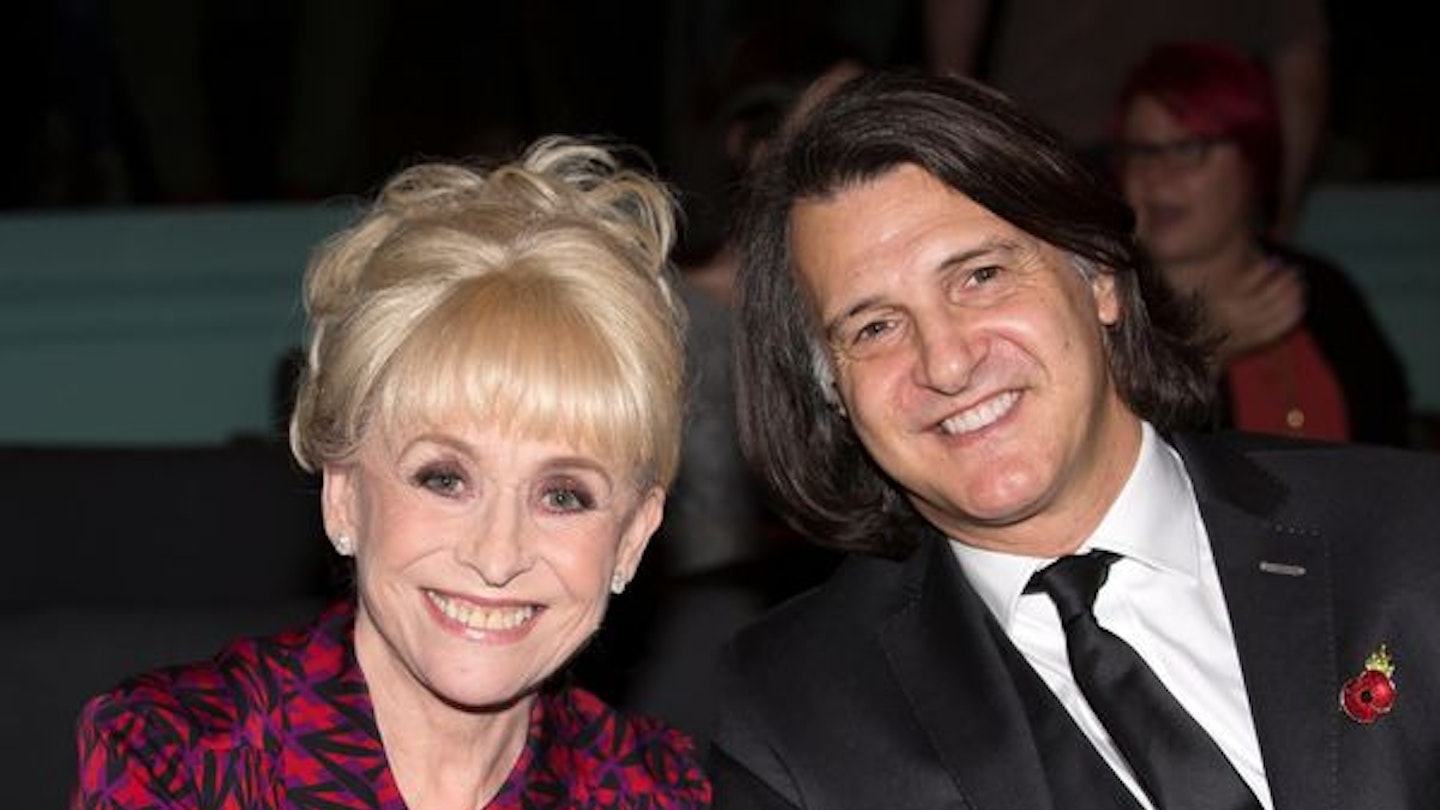Dementia is perhaps one of the most heartbreaking illnesses a loved one can go through, so when we found out that Dame Barbara Windsor was living with dementia, our hearts went out to her friends and family.
After her very sad passing, we look back at her final years, how she still kept her energy up and all the amazing things she did as an ambassador for the Alzheimer's Society.
Barbara's work to improving care for those with Alzheimer's
The 'EastEnders' star was diagnosed with the degenerative brain condition in 2014 and since then, she and her husband Scott fought hard to help others living with dementia and even met the Prime Minister to discuss the issue.
Working alongside the Alezheimer's society, their goal was to make sure those with dementia are better supported during their illness and that their loved one's don't have to suffer as a consequence of having to fund their care.
With 1 in 3 people expected to develop dementia in the future, Barbara's husband Scott highlighted the urgency of this issue and that it should be a priority for the NHS going forward.
Barbara's loved ones on dealing with dementia
Throughout her battle with dementia, Barbara's husband Scott Mitchellwas very open about Barbara's condition and what it was like to deal with on a daily basis, from forgetting her own home, to forgetting who people around her are.
At the time, speaking on BBC Radio 2’s Steve Wright in the Afternoon, Scott admitted that he finds it most difficult to deal with Barbara’s Alzheimer’s at night. He said: "There are good and bad days, the confusion does progress and that becomes a lot more stressful for her to live with and you as the carer to watch. I think what I've learnt by talking to other people is it's very different for every case. It's very simple things that used to be very easy, whether that's signing something or writing a letter, opening something ... At times very frustrating and irritable. It gets worse at night, with Barbara, it's to do with our house. She constantly asks me over and over again at night whose house is this, are we staying here, is this house I grew up in with my mummy."
Speaking about a trip out to the theatre, he said: "She gets herself together for moments like that. When we go there something happens to Barbara when she's out. It's like her old self comes out.
"That's not the reality. Our reality is, for instance the last few weeks, her confusion is really bad ... I spend a lot of time explaining where we are.
"She has a lot of trouble identifying our house. She will say, 'Are we staying here tonight? Have we got clothes here? That's the reality of what people living with dementia are going through.
"I have a board where there's pictures of us from the beginning. She will suddenly say to me, 'How long have we been together.' I say, '25 years.'
"It's now quite instant, the forgetfulness is quite instant."
Scott explained that one of the most difficult moments was when she recently forgot who he was when he was helping his wife out the bath.
"I think it's when every memory will go. When, on a constant basis, maybe one day Barbara won't know who I am.
"I've had it twice. I was helping her out of the bath and she suddenly looked at me very scared and said, 'Sorry, who are you?' There are no words that can describe it."
Scott previously admitted his "big fear" after the actress' diagnosis was his wife forgetting who he was.
He said: "When Barbara first got this diagnosis my big fear was always, 'What if one day she looks at me and doesn't know who I am?'
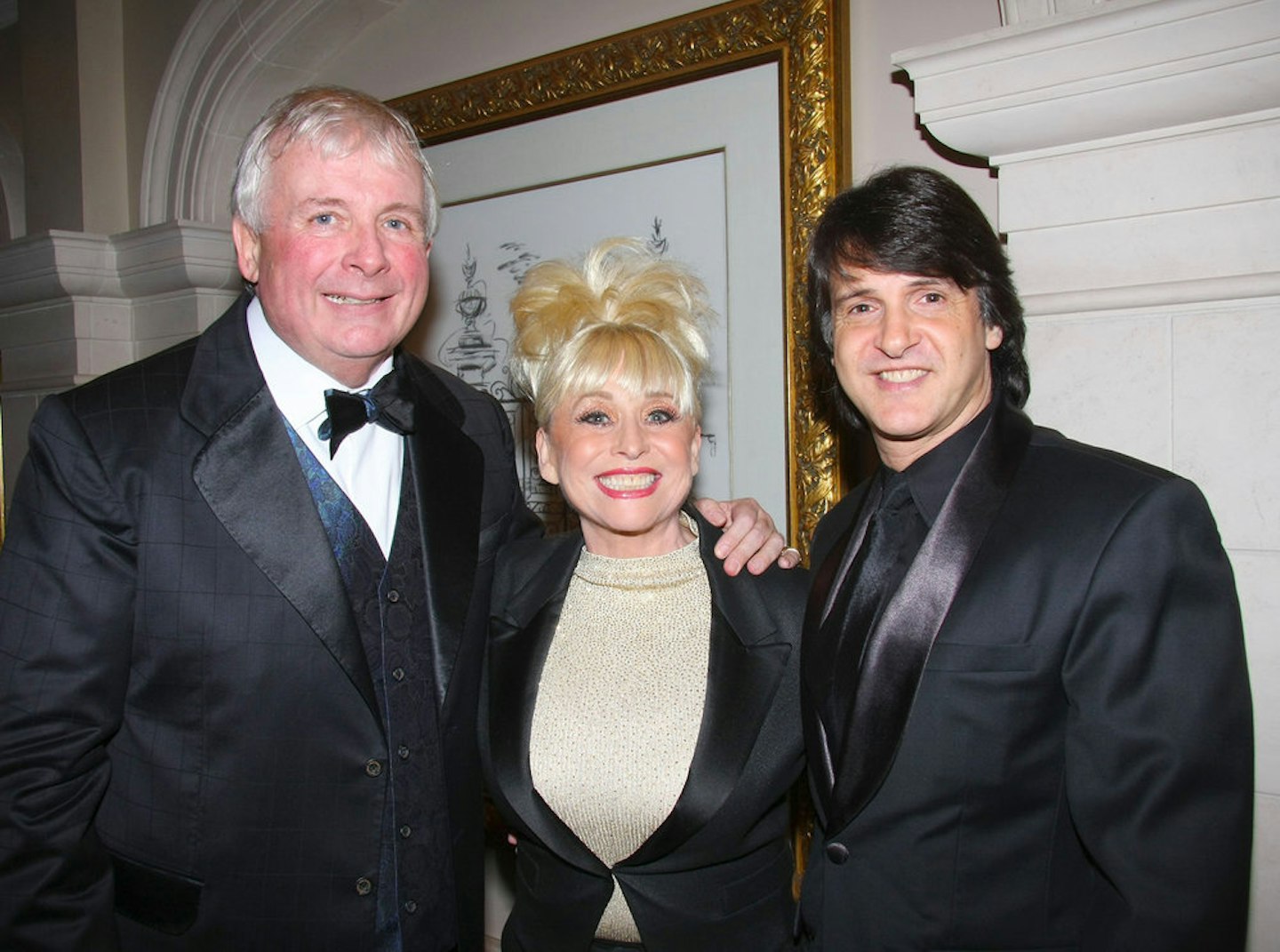
Her close friend, Christopher Biggins also shared his experiences with Barbara while she was living with the condition.
“When I'm with Barbara, I don't have sadness or tears because she would see that and I don't want her to. So I'm always upbeat with her. The last time I had lunch with her was three weeks ago.
"She looked wonderful, she had tremendous energy and we laughed a lot. But she asked me 'what are you doing?' eight or nine times because she'd forgotten my answer. Forgetting my answers each time was very sad. But I'd only show that sadness after I'd left her.'
"I'm so lucky, because being such a strong character, she always knows who I am. Although her short-term memory is not so good and she might forget what she did earlier in the day, her long-time memory is fantastic. So she's really entertaining when we talk about the old days. She can remember what I'd forgotten a long time ago."
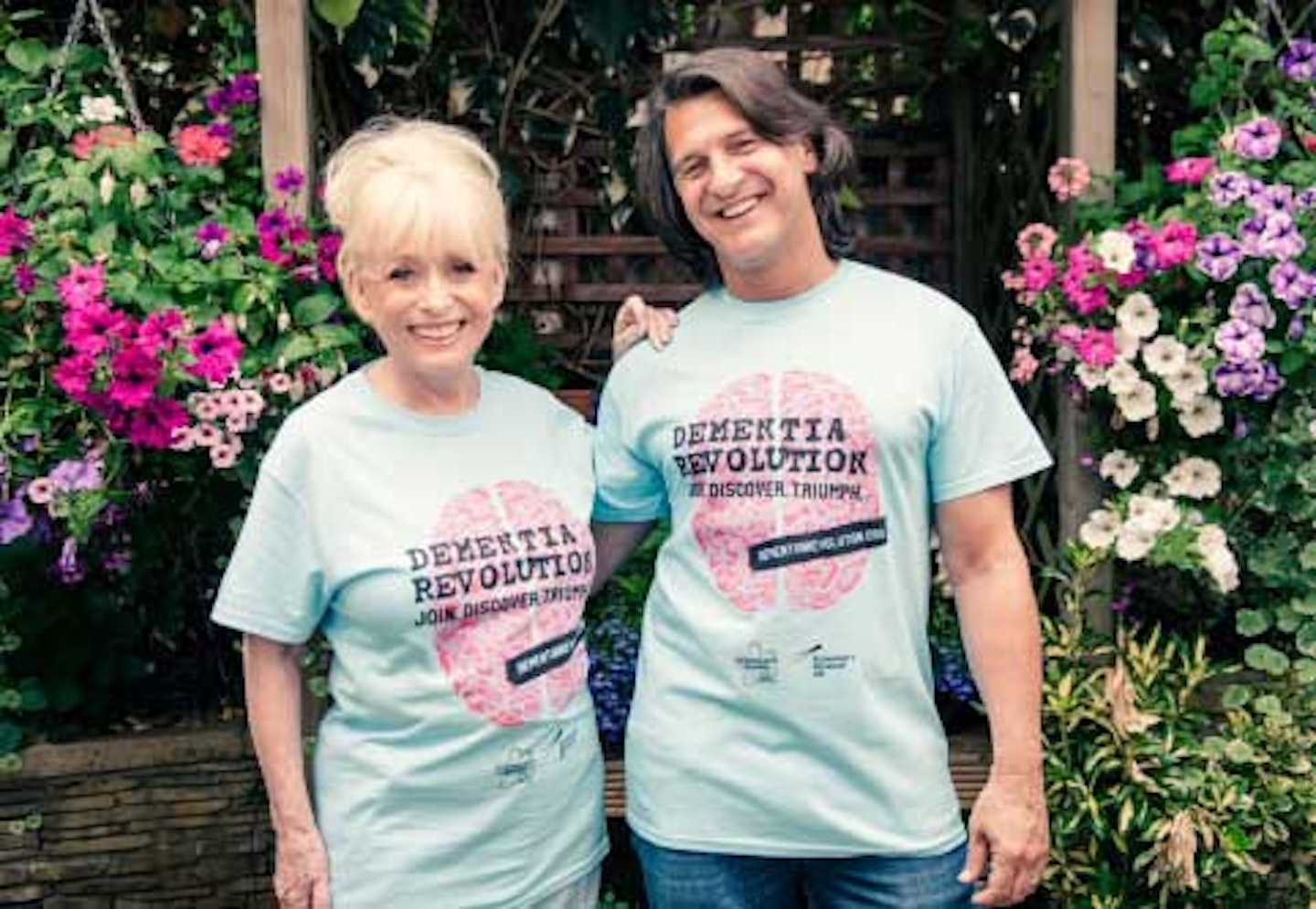
After it was announced that Dame Barbara Windsor had been living with Dementia, there was a huge amount of public love and support for Barbara and her husband. Scott also ran the 2019 Virgin Money London Marathon for his wife and the millions of people around the world who suffer from dementia.
Speaking in a video, filmed at their home, he said: "I don't know how fast I will run it, but for me it is more about completing the marathon, no matter what the time, to show my support for Barbara and all the other people living with dementia."
Barbara also urged people to take part in the marathon to help make a "stand" against dementia and change the attitudes towards the brain condition.
She said: "I'm asking you to make a stand against dementia.
"Taking part will support ground-breaking research to find a cure for a condition that affects so many people, like me. With your help we can and will end dementia with research."
Barbara's diagnosis
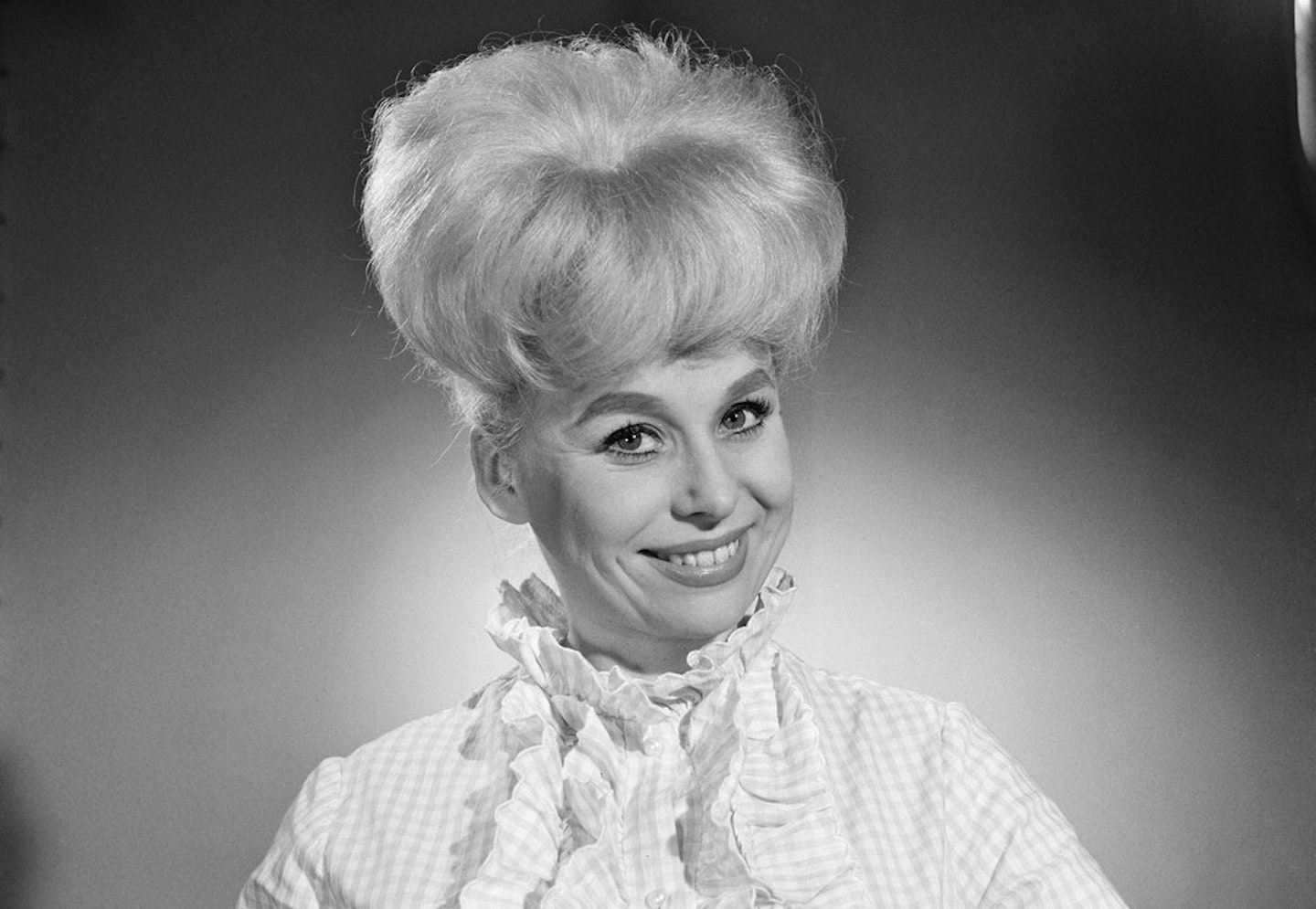
The actress first showed symptoms of the disease back in 2009 when she found it difficult to learn her lines and in 2012, Scott encouraged her to visit the doctor for tests after noticing a "slight sadness" develop in her. Speaking to The Sun newspaper, Barbara's husband Scott revealed how Barbara took the very sad news.
He said: "From the start, I said to Bar, ‘I want you to have these tests because you’re getting a bit forgetful and we may as well just nip it in the bud’. She was fine about it.
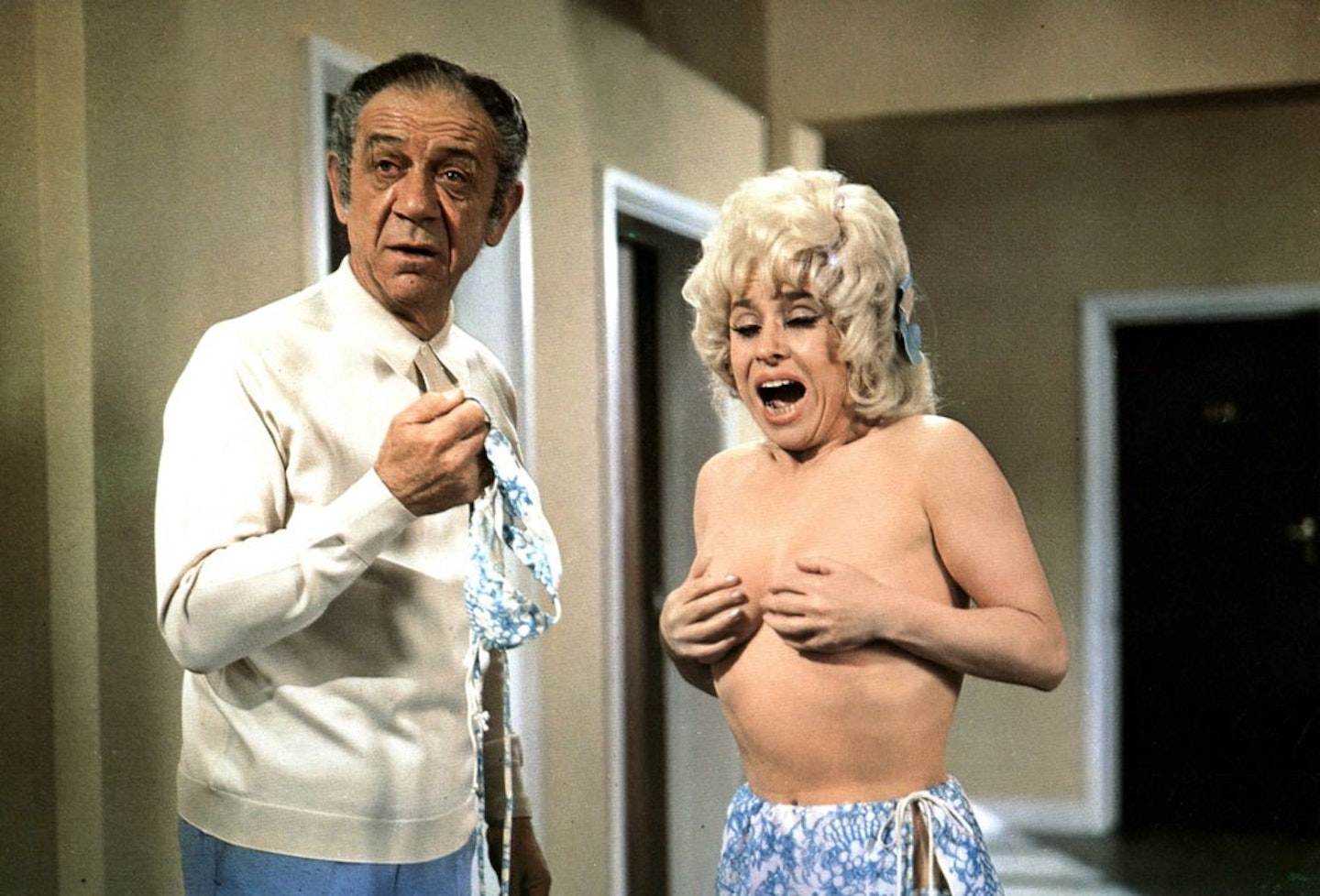
"In my mind, I truly hoped it would be nothing. Just a bit of old age, you know?
"But if I’m honest, I had also noticed a slight change in Barbara’s personality. Rather than being her normal positive, bubbly self, it felt like a thin veil had been drawn across her that was more serious.
“At times, I’d see a slight sadness develop that just wasn’t her. I put it down to age, but I now believe it was the very start of this illness.”
"When the doctor told us, she began crying then held it back, stretched her hand out to me and mouthed, 'I'm so sorry.'
"I squeezed her hand back and said, 'Don't worry, we'll be OK.' "
He told The Sun newspaper: "I hope speaking out will help other families dealing with loved ones who have this cruel disease. Secondly, I want the public to know because they are naturally very drawn to Barbara and she loves talking to them.
"So rather than me living in fear she might get confused or upset, they'll know that if her behaviour seems strange, it's due to Alzheimer's and accept it for what it is.
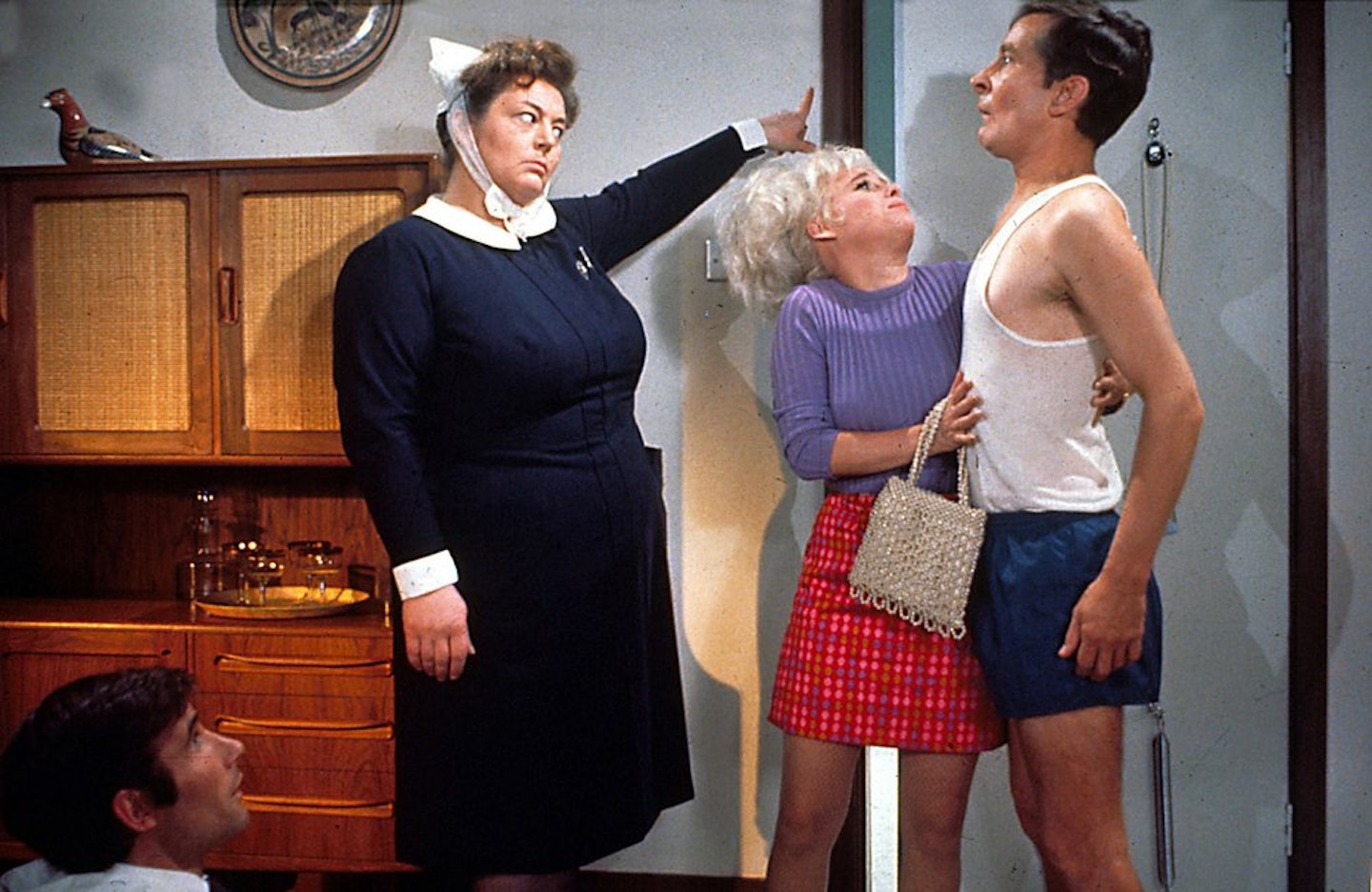
"Unfortunately, I notice she feels a kind of shame about it. There's a vulnerability there and I keep telling her, 'Bar, no one will think you're silly for having this'.
"I explain that if someone has cancer, no one looks at them and thinks 'How ridiculous'. We sympathise and it's the same with this."
